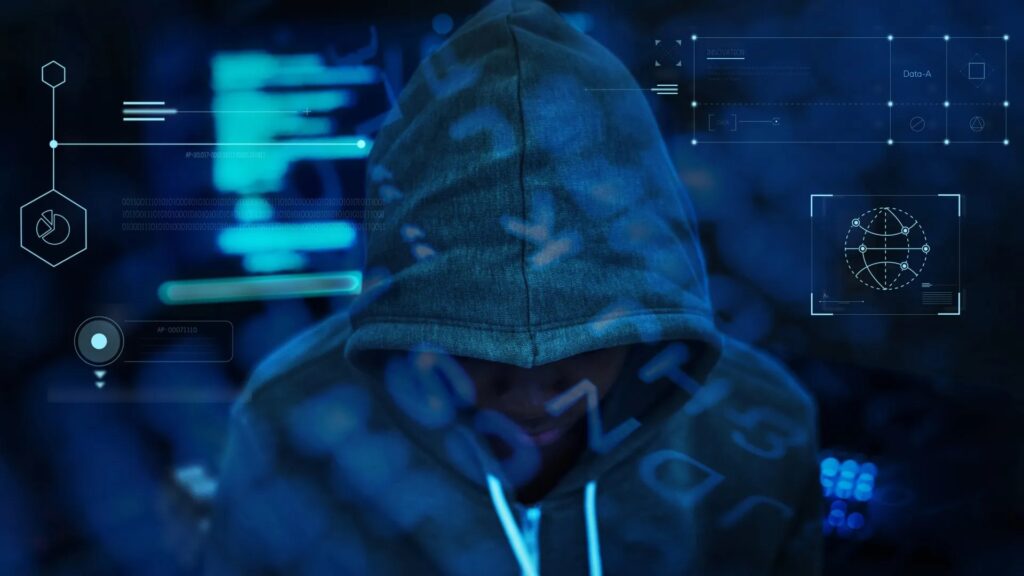IP stressers exist in a legal grey area, as they serve legitimate purposes, such as testing the resilience of websites and networks, abused for malicious activities like distributed denial-of-service (DDoS) attacks. This dual-use nature web of laws and regulations seeks to address the potential misuse of these tools. At the international level, several organizations and treaties have taken steps to address the issue of cybercrime using IP stressers for malicious purposes. The most prominent is the Council of Europe’s Convention on Cybercrime, also known as the Budapest Convention, signed by over 60 countries worldwide. The convention defines various cyber-related offences, access to computer systems, intentional interference with computer systems, and the misuse of devices, encompassing the abuse of IP stressers.
Potential consequences of ip stresser misuse
They are misuse of IP stresser’s severe legal and financial consequences for individuals and organizations. The consequences of civil liability to criminal prosecution depend on the specific circumstances, and the applicable laws are as follows:
Civil liability
The primary reason for the misuse of IP stressers is the potential for civil liability. Individuals or organizations that use these tools to disrupt a website’s or online service’s operations are held liable for the resulting damages, such as lost revenue, reputational harm, and the cost of mitigation efforts. In some cases, the victims of an IP stresser attack civil lawsuits, financial penalties and court-ordered remedies.
Criminal prosecution
IP stressers lead to criminal prosecution under the various cybercrime laws discussed earlier. Depending on the specific allegations, individuals or organizations may face charges such as unauthorized access to computer systems, intentional interference with computer systems, or the operation of a botnet for malicious purposes. These charges include fines, imprisonment, and other criminal penalties.
Reputation and credibility damage
Beyond the legal and financial consequences, the misuse of IP stressers impacts individuals or organization’s reputation and credibility. They are associated with abusing these tools leads to losing trust among customers, partners, and the broader public long-lasting effects on the entity’s ability to operate effectively in the digital landscape.
Regulatory oversight and compliance
What does an stresser do? IP stressers may also be subject to regulatory oversight, especially in heavily regulated industries, such as financial services, healthcare, or critical infrastructure. Failure to comply with the applicable regulation results in fines, sanctions, or other punitive measures, further compounding individuals and organizations’ challenges.
Mitigating the ip stresser misuse
Given the complex legal landscape and the potential consequences of IP stresser misuse, individuals and organizations need to take proactive steps to mitigate the risks associated with these tools. Here are some key strategies to consider:
- Understand the legal framework
- Familiarize yourself with the relevant laws and regulations governing using IP stressers in your jurisdiction.
- Consult with legal professionals to ensure that your use of these tools is compliant and does not expose you or your organization to unnecessary legal risks.
- Establish clear policies and procedures:
- Develop and implement clear policies and procedures that govern using IP stressers within your organization.
- Ensure these policies are communicated to all relevant stakeholders, including employees, contractors, and third-party service providers.

